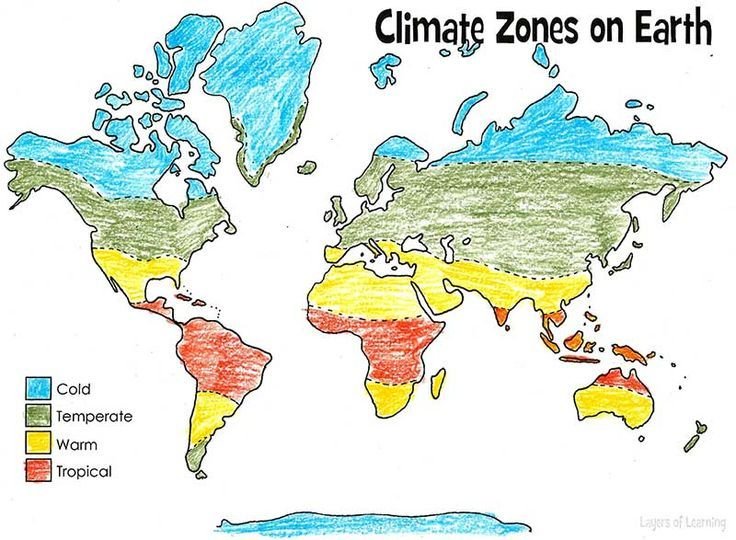If you look out of your window and you see the sun shine, or the rain falling, you will be able to answer the question "How is the weather today?" very easily. But what is someone says "What is the climate of your area?"
- Is there even a difference between the two? Lets have a look at the video and then answer the questions.
- What does your perfect day look like if you think about the weather.
- Explain the word 'weather' in your own words.
- Name a few factors that can change the weather of an area.
- Explain the words 'climate' and 'weather' in your own words.
- What is 'precipitation'?
- Name 3 types of precipitation.
- When does a thunderstorm happen?
- Can an area's climate change quickly?
In short you need to remember the following - The weather is what you experience from day to day. Does it rain, is it cold, does the sun shine? The climate of an area is the weather pattern measured over a long time for example during which season does it rain, how much rain does the area get, how do the temperature differ from season to season etc.
- There are different 'climatic zones' on earth. Have a look at the map.

- See if you can name the country or continent and say what the climate of that area is. (for this your will have to look at the 'key' of the map)
People that study and measures the weather is called a 'meteorologist'. They will measure the weather in different places and then make a forecast of what the weather will be like the next day or week.
Different instruments are used to measure** **at what speed will the wind blow, will there be thunderstorms or lightning, what will the air pressure be, will the sun shine and how much water vapor will be in the air.
Do some research and see if you can find the function of each of these instruments
- thermometer
- rain gauge
- wind vane
- anenometer
- barometer
Enrichment
You are going to watch the weather for at least two weeks. You will keep a diary in which you will write down every day what the weather was like. Did it rain, was it hot etc. If you have a rain gauge and a thermometer you can also jot down how much rain you got and what the temperature was for each day.
You can either write it down in sentences or you can create a 'weather chart' so that you can see all the days on one chart.
You can even draw some graphs to show how each day was different. Use your imagination,
For an idea you can watch the video.